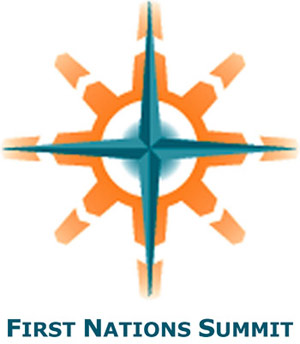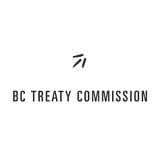Coast Salish Territory/Vancouver, BC – Indigenous leaders in British Columbia are commending the federal Liberal government for announcing that Canada will officially remove its permanent objector status and become a “full unqualified supporter” of the United Nations Declaration on the Rights of Indigenous Peoples (the Declaration).
The announcement to adopt and implement the Declaration was made by Hon. Carolyn Bennett, Minister of Indian and Northern Affairs Canada at the 15th session of the United Nations Permanent Forum on Indigenous Issues (UNPFII) at United Nations headquarters in New York. The Hon. Jody Wilson‐Raybould, Minister of Justice and Attorney General of Canada was also in attendance at the forum and offered encouraging remarks on the importance of the Declaration.
“We intend nothing less than to adopt and implement the Declaration in accordance with the Canadian Constitution,” announced Minister Bennett at the Forum. She added that Canada sees “modern treaties and self-government agreements as the ultimate expression of free, prior and informed consent among partners” and “UNDRIP reflects the spirit and intent” of treaties.
“By adopting and implementing the Declaration, we are breathing life into section 35 and recognizing it as a full box of rights for Indigenous peoples.” said Minister Bennett.
“The announcement, which overturns Canada’s offensive and ill willed opposition to the Declaration, has been a long time coming as it has been nearly nine years since the 2007 adoption by the United Nations General Assembly. It is a departure from the previous government’s actions and an important step in the path of reconciliation in this country,” said Grand Chief Edward John, a member of the First Nations Summit Political Executive and a North American Representative to the UNPFII, who is also attending the 15th Session of the UNPFII.
“Indigenous peoples in Canada have been extremely frustrated by Canada’s lack of substantive recognition of this valuable human rights instrument. Now that Canada officially supports the Declaration, necessary steps must be taken, in collaboration with Indigenous Peoples, to ensure its full implementation. Now the hard work of harmonizing Canada’s laws, regulations, policies and decisions impacting indigenous peoples in this country to ensure they are in line with the requirements outlined in the 46 Articles of the Declaration begins.”
The BC Treaty Commission is optimistic this will result in a renewed commitment to completing treaty negotiations in British Columbia.
“Modern treaties, fairly negotiated and honourably implemented, are the greatest expression of reconciliation and of UNDRIP,” said Acting Chief Commissioner Celeste Haldane. There have been successes in treaty negotiations: eight First Nations in British Columbia are asserting self-determination through modern treaties, and several are entering the final stages of negotiations.
Acting Chief Commissioner Haldane added: “A new era of recognition and reconciliation is at hand – the BC treaty negotiations process is well placed to embrace these changes, and lead the country, and the world, in reconciliation.”
The Declaration affirms the “minimum standards for the survival, dignity and well‐being of the indigenous peoples of the world” as well as rights of self‐determination and requires that governments obtain free, prior and informed consent of indigenous peoples in decisions about lands and resource development on their lands. It was overwhelmingly supported by the United Nations General Assembly on September 13, 2007, with 144 States voting in favour of adoption. Unfortunately, it took more than three years for the Declaration to be “officially endorsed” by Canada (November 2010). Since then, Canada had maintained a dismissive position on the Declaration by indicating that such international instruments bear little impact on the day to day decisions of government. Canada’s revised status as a full supporter of the Declaration is scheduled to take effect on May 10, 2016.
The full text of the Declaration can be found at: http://www.un.org/esa/socdev/unpfii/documents/DRIPS_en.pdf.





Be the first to comment on "Canada accepts UN Declaration on the Rights of Indigenous Peoples – Now the hard work begins"